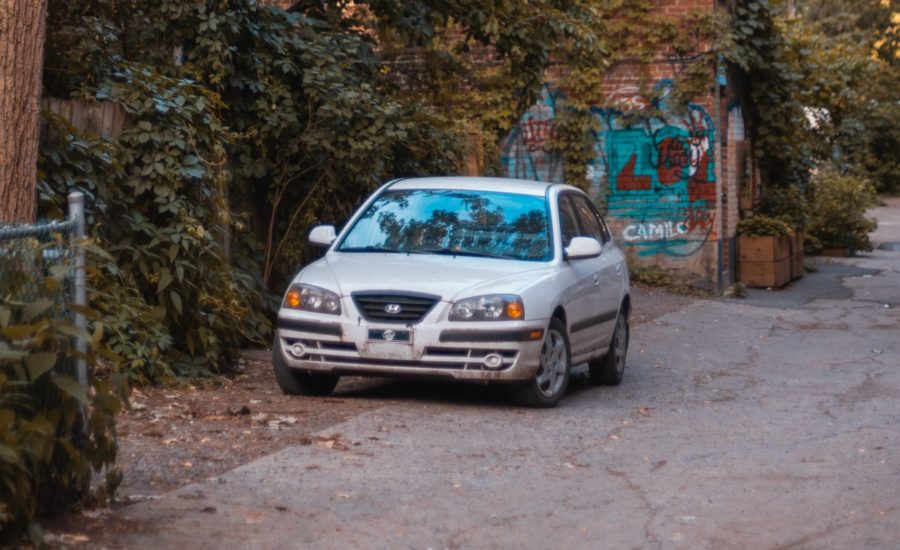Why COVID-19 shutdowns may be bad for your car
Pausing your daily commute is likely saving you money on fuel, but not driving at all for weeks on end could cause problems you'll pay later to fix.
Advertisement
Pausing your daily commute is likely saving you money on fuel, but not driving at all for weeks on end could cause problems you'll pay later to fix.

Share this article Share on Facebook Share on Twitter Share on Linkedin Share on Reddit Share on Email